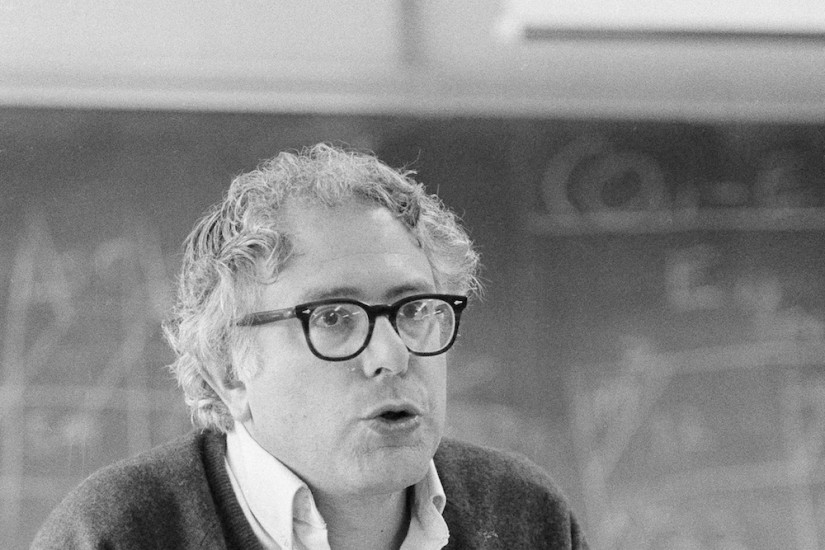On December 4, 1984, a dump truck carrying volunteer government coffee pickers was ambushed in northern Nicaragua. The attackers, rebel soldiers known as Contras, ripped through the truck with machine-gun fire and grenades, and they fired a rocket launcher into its tires. When the truck rattled to a stop, the Contras climbed aboard. They opened fire into the mangle of the living and dead, and stabbed those still moving with their bayonets—setting aside a 19-year-old woman to kidnap. Then they set the truck on fire. Roger Briones, a coffee picker who had fallen out and survived by playing dead, later testified: “I could hear the cries and laments of those who were burning alive.”
Twenty-one people were killed. Among them were a five-year-old girl and her mother, whom the volunteers had picked up hitchhiking on the road.
I thought about that earlier this month when The New York Times ran an article about Bernie Sanders’ activism in Central America during his time as mayor of Burlington, Vermont. The story focuses on Sanders’ visit to Nicaragua in July 1985, during which he made “a truncated tour of the violence-stricken country” and met with the country’s leftist president, Daniel Ortega.
The stated purpose of the profile was to illustrate Sanders’ “combative ideological persona.” “Now, as he competes for the Democratic presidential nomination, Mr. Sanders’s profound skepticism of American power appears to set him apart from other major candidates who have pledged to restore the country’s traditionally assertive global role.” The apparent smoking gun was an anti-American chant heard by a wire reporter at a rally Sanders had attended: “Here, there, everywhere, the Yankee will die!”
The authors of the Times story, Alexander Burns and Sydney Ember, are both political campaign reporters. I don’t know either of them (and they did not respond to an email asking for comment), but according to their bios, neither has much experience covering foreign affairs in general or Latin America in particular. To make the case that Sanders was an extremist in the 1980s, they offer a brief and fundamentally ahistorical summary of Nicaragua’s decade-long Contra War, then use that as a basis for a flawed foreign policy analysis.
Predictably, it resonated with other people whose sole knowledge of global politics comes from things they’ve heard in Washington. This week, New York Magazine‘s Jonathan Chait went after Sanders on the basis of the story and a testy follow-up interview, in which the senator told Ember that her focus on one rally chant suggested she did not understand the context of the war or US policy in the region. Chait declared that “she had just written a long New York Times story touching on” the events, and thus “surely knew” what she was talking about.
